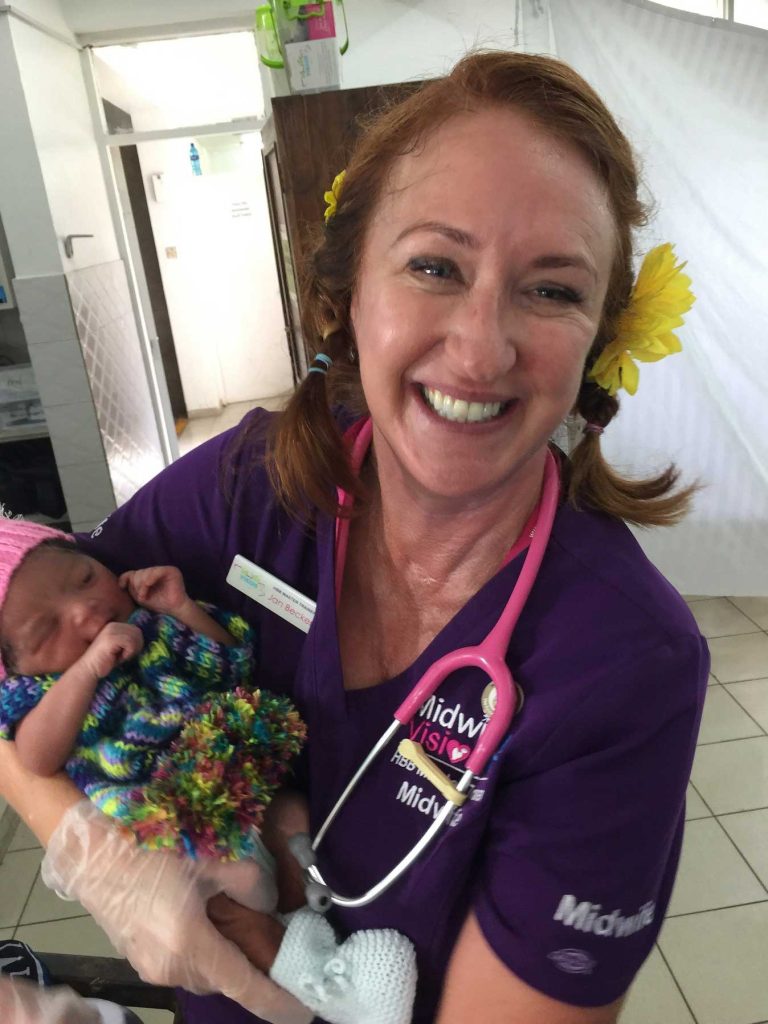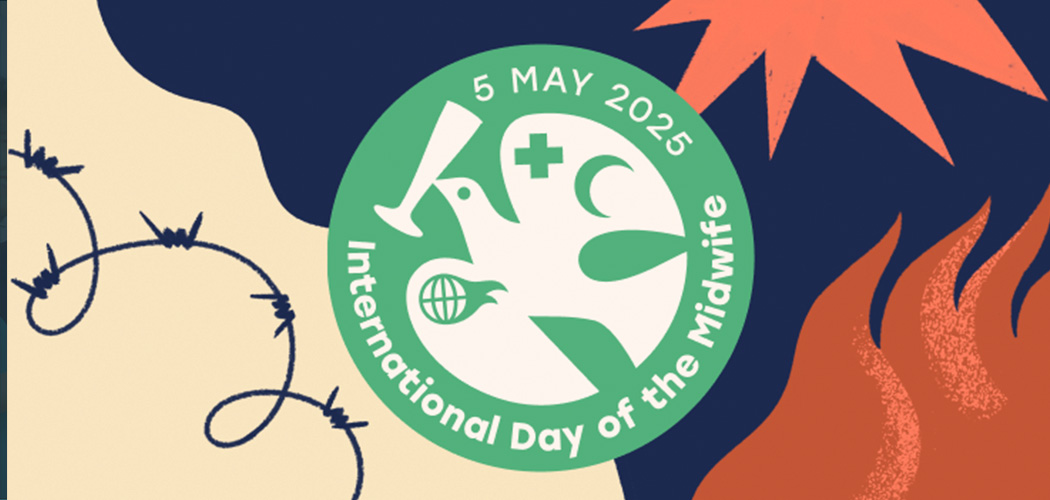Every year, we take time to acknowledge and celebrate the incredible contributions of midwives around the world.
On International Day of the Midwife (5 May) we recognise the dedication, skill, and compassion of these essential professionals who provide care when it is needed most.
As we mark this important day, we extend our gratitude to all midwives for their unwavering commitment to their patients, their communities, and the profession. Their expertise and dedication are the foundation of quality healthcare, and their impact is felt in every corner of society.
This year’s theme for International Day of the Midwife on 5 May is Midwives: Critical in Every Crisis.
The world is facing an unprecedented number of compounding crises – natural disasters, conflicts, and the ongoing impacts of climate change.
These crises disproportionately affect women, girls, and gender diverse people, exposing them to heightened risks such as pregnancy complications and gender-based violence, while also limiting their access to essential health services.
Midwives are trusted first responders within their communities, who can prepare health systems to be ready for any crisis. Yet they are often excluded from preparedness planning and response efforts.
Midwives can provide up to 90% of sexual, reproductive, maternal, newborn, and adolescent health services, even during humanitarian crises. With minimal resources, they:
- Provide safe births, antenatal, and postnatal care
- Provide contraception, comprehensive abortion care, and care for survivors of gender-based violence
- Support breastfeeding, ensuring newborns receive safe, clean, and reliable nutrition
- Educate and prepare communities with the knowledge and tools they need to stay safe and healthy during emergencies.
This year’s theme advocates for the inclusion of midwives at every step of crisis preparedness and response.
For midwives to adequately respond, they must also ensure they are safe and are equipped with the training, tools, and resources they need to save lives and protect rights in the most challenging settings.
Humanitarian crisis
Clinical midwife and pilot Jan Becker coordinates emergency responses in floods, bushfires, and other emergencies.
Having worked as a midwife in hospitals and remote settings across Australia, New Zealand, Papua New Guinea and Africa, she is passionate about reducing child mortality and improving maternal health in some of the world’s most under-resourced countries.
With her daughter Chloe, Captain Becker co-founded Midwife Vision Global, a not for profit organisation dedicated to neonatal resuscitation for midwives and doctors in Tanzania.

“When you walk into a labour ward in Tanzania, you don’t know what you’re going to get. In an eight to nine-hour shift, you might deliver 20 babies, or you might deliver 40. It’s like, ‘Oh, we’ve got seven babies being born and there’s four of us.’
At times the workload is overwhelming, she said. “It’s hard to do because it’s terrifying when a baby doesn’t breathe at birth and there’s chaos. There’s multiple births going on, so you’ve got to focus, ‘for one minute we are the focus for that baby. We are the champion for that baby. Nothing else matters.’
“Their mothers have one dream – it’s that they live through labour and their baby lives – that’s their birth plan.”
“In poor areas with high rates of very early neonatal deaths, midwives are impacted by the trauma almost daily”, said Ms Becker who provides education of lifesaving measures to local midwives within those first critical moments during and post-birth.
“Initially it was just a couple of midwives, my daughter (who was a student midwife at the time) who is a doctor now and myself, and so we decided to train midwives on how to resuscitate babies at birth and teach them all the major emergencies when a mother is having a baby – bleeding, sepsis, prolonged obstructed labour.”








